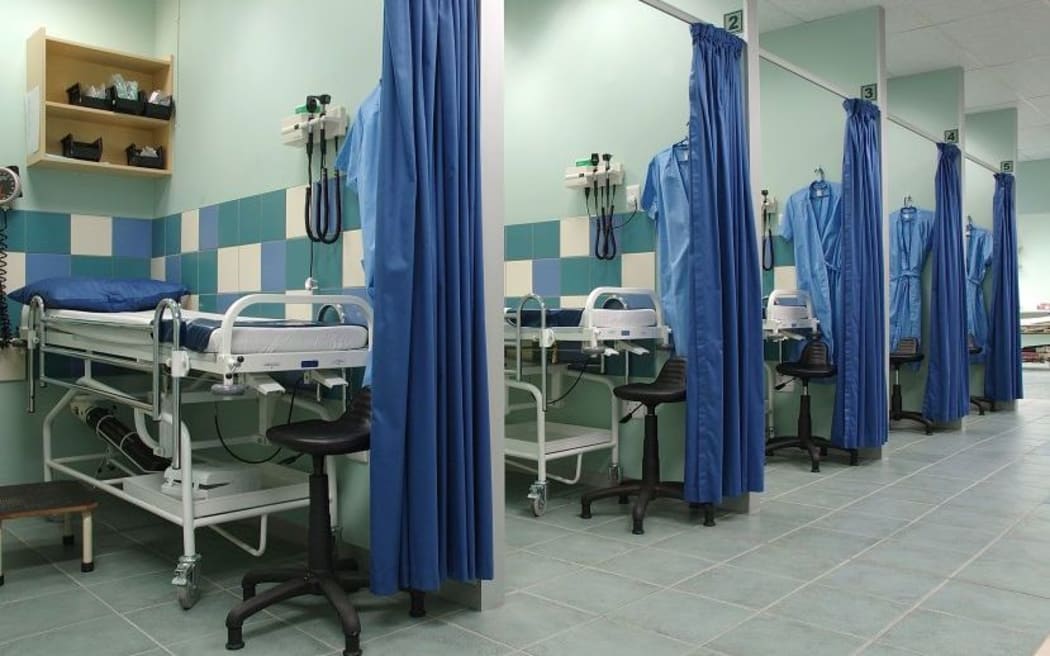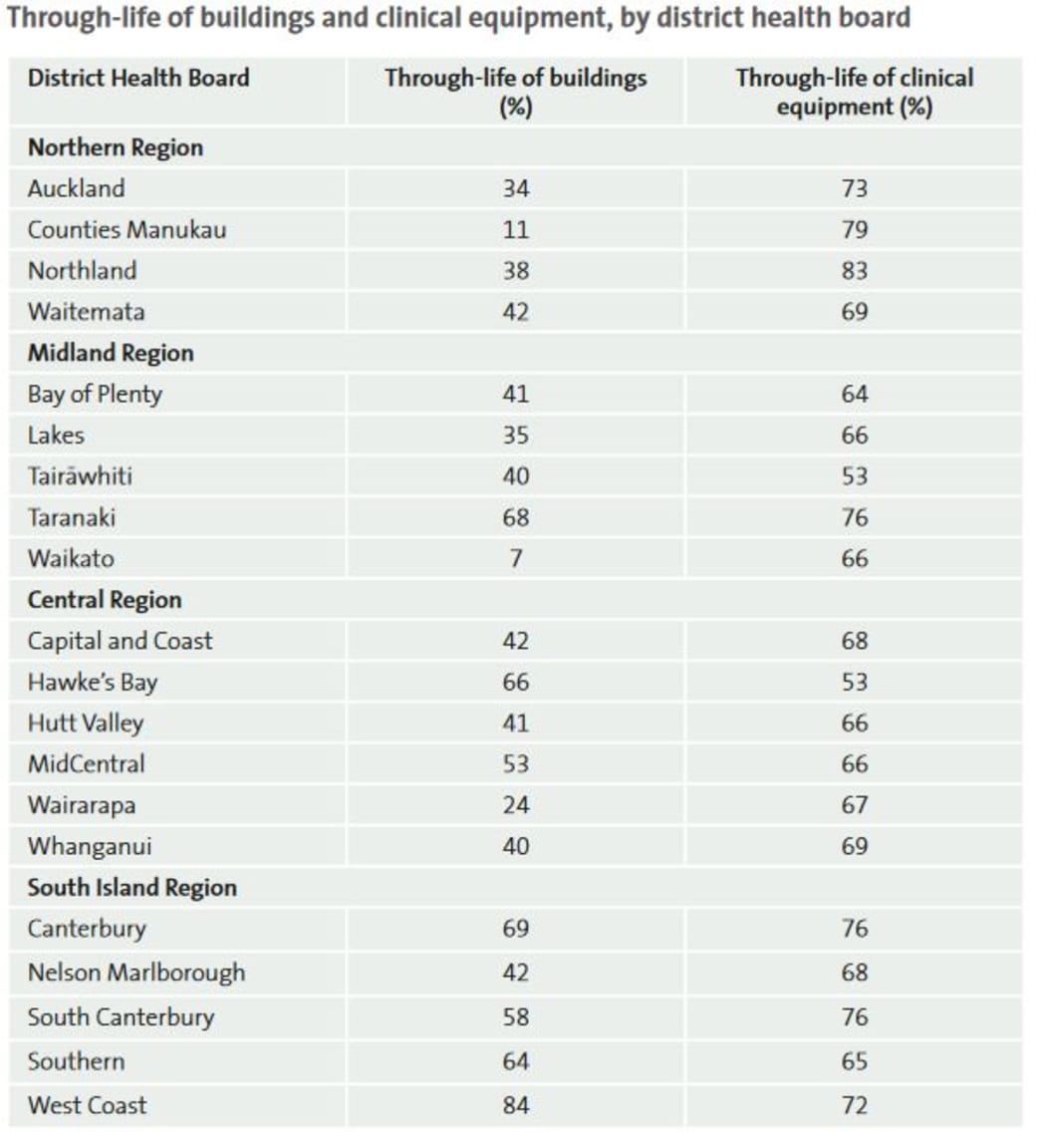District health boards (DHBs) have been warned their services to patients could suffer if they do not improve the maintenance of equipment and buildings.

Photo: 123RF
An investigation into how the DHBs manage their assets has left the Auditor-General questioning how well-positioned the boards are to deliver services in the future.
The report - released yesterday - looks at how well DHBs have responded to asset management plans that were set out in 2009.
It found that some boards were not renewing or replacing assets, such as buildings and clinical equipment.
The report said that for more than half the DHBs, it was not standard practice to monitor and report on the condition of assets.
Lead author Ann Webster said that the Auditor-General's office was concerned with the findings.
One of its main worries was that the plans looked like they had not been updated over time.
She said all sorts of potential problems could arise if boards did not improve their monitoring of assets.
"You don't have the right equipment in the right place at the right time, so you might not be able to deliver the service you want to the level or quality you want. You might not be able to offer the best service you could, and at the extreme end, things might start failing."
She said this possible failure meant it was imperative that DHBs knew what condition their assets were in now, and into the future.
The report found only 12 DHBs have formal approaches to recording asset condition in an asset management information system and even when information was available DHBs did not always use it well.
Overall, there was better management of buildings then equipment and the auditors estimated that more than $300 million of clinical equipment had remained in use, past the end of its theoretical useful life.
No DHB has clinical equipment that was less than halfway through its useful life, and several DHBs had clinical equipment that was more than 75 percent through its useful life:
However, the report said this did not mean that DHBs were not investing in equipment and some boards said the lack of up-to-date information about the useful life of their assets did not mean that they lacked a good knowledge of the condition of their assets.
They also said that assets will often be suitable and safe for use beyond their initial useful life.
Six recommendations were made, including reliable information be held about the condition of assets and that the Ministry of Health support the DHBs to improve their practices.
Ms Webster said her office has decided to continue to keep a watching brief on the DHBs on the matter.






